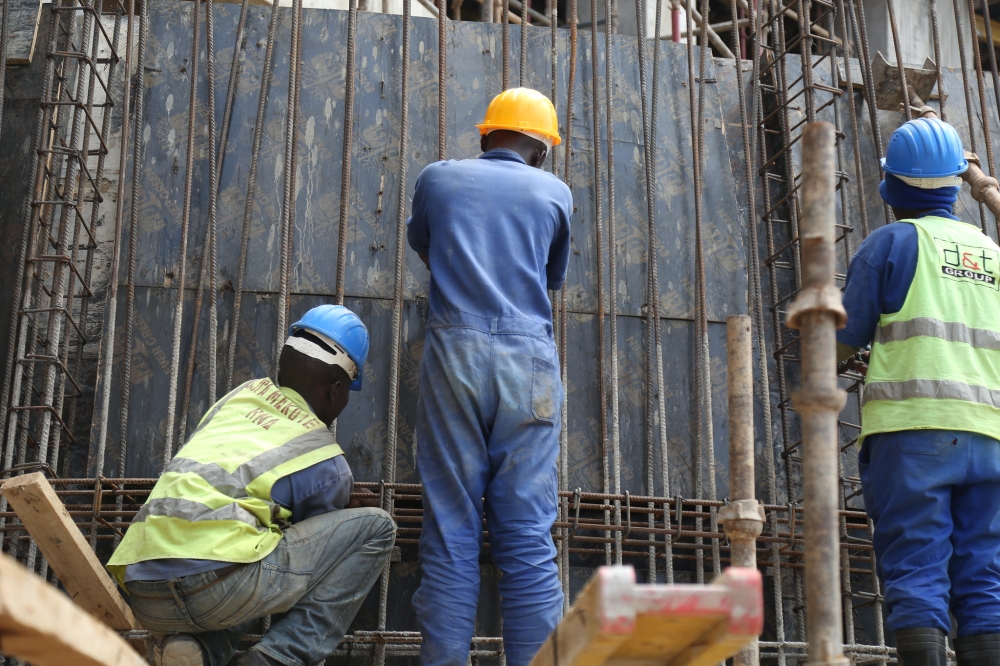

Engineers and architects have welcomed users of the new online building permit system, known as the KUBAKA Portal or BPMIS 2.0, saying it will help eliminate so-called "engineers” who are not qualified on the real estate market.
Eng. Emmanuel Nsengiyumva, who specialises in architectural design and building project execution, said the system would help filter out unregistered professionals and those known for malpractice, who falsely claim to be engineers or architects.
"The good thing is that unlicenced engineers and architects will no longer be allowed access to the system," Nsengiyumva said.
"With the new system, only registered and compliant engineers, architects, and firms will be allowed to register and submit applications. They damage our professional image. Now, only those who are officially registered can carry out the work," he noted.
ALSO READ: City of Kigali approves settlement sites with 40,000 plots
To use the system, engineers and architects must create an account and log in using their licence number. Only professionals registered with their respective institutes will be granted access to the system.
He explained that before the new system landowners with construction projects were sometimes victims of fake construction permits due to working with unlicensed individuals posing as engineers.
ALSO READ: Districts with most cases of forged construction permits, land titles named
"Landowners were being affected, as they would sometimes unknowingly work with unlicensed individuals who issued fake permits,” he said.
Now, with the new portal, landowners and developers will have greater control over the entire application process, something the previous system did not offer.
Albert Rene Yuli Nahimana stated that he has already applied for 15 construction permits using the new system.
ALSO READ: Why Rwanda plans to set up tech to monitor land use
"What is better with the system is that landowners are now fully involved in the application process. They can no longer claim that an engineer applied for a permit on their behalf without their consent. That was a frequent issue in the past,” he explained.
He said that the application process is now faster, as the portal is integrated with other systems, such as the Rwanda Revenue Authority, which can instantly detect whether land taxes have been paid.
"If taxes are unpaid, the application will not go through. The system immediately flags the issue so it can be resolved. It also requests only essential information, unlike before, when many unnecessary details were required,” he said.
He noted that the system will even allow Rwandans living abroad to manage their construction permit applications remotely.
Challenge
However, Nahimana pointed out that some landowners may struggle to use the system due to limited digital literacy.
"There should be a simplified ‘request form’ within the building permit system to help landowners enter their ID, UPI, and select the engineer they wish to work with more easily,” he said.
To access permit applications, engineers or architects must be assigned to a project by the project owner.
They will receive notifications and can either accept or decline the assignment.
To use the system as a landowner, one must create an account and log in using a national ID or passport.
All applications, across any category, must be submitted by assigned engineers or architects.


